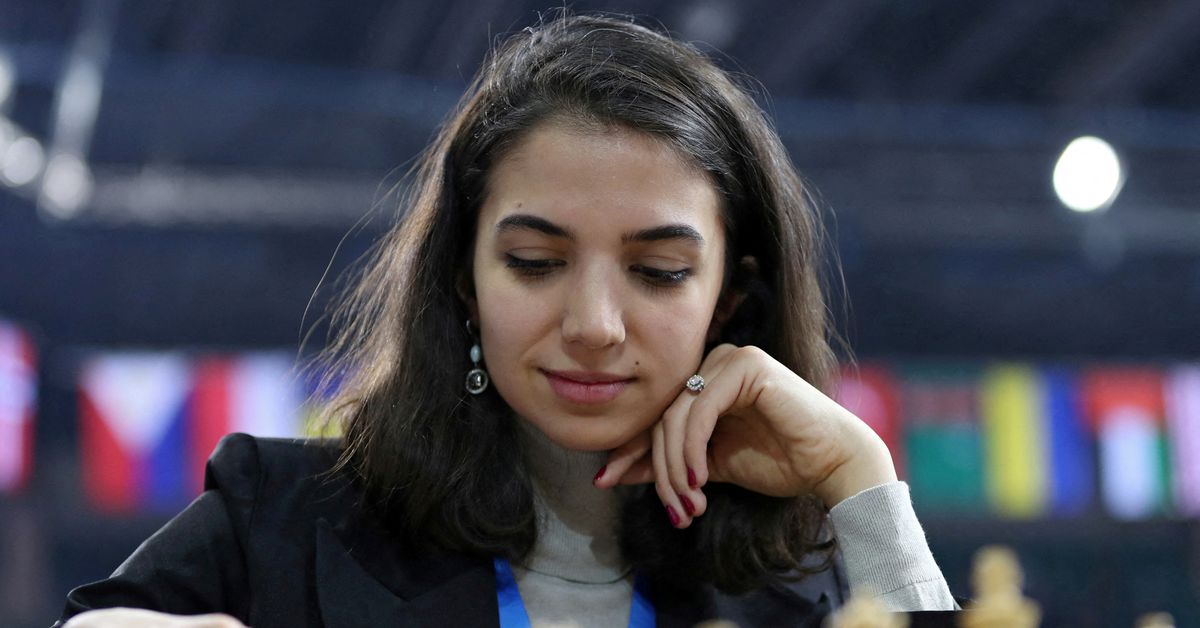- cross-posted to:
- [email protected]
- [email protected]
- cross-posted to:
- [email protected]
- [email protected]
MADRID, July 26 (Reuters) - An Iranian chess player who moved to Spain in January after she competed without a hijab and had an arrest warrant issued against her at home has been granted Spanish citizenship, Spain said on Wednesday.
Sarasadat Khademalsharieh, better known as Sara Khadem, took part in the FIDE World Rapid and Blitz Chess Championships held in Kazakhstan in late December without the headscarf that is mandatory under Iran’s strict Islamic dress codes.
Laws enforcing mandatory hijab-wearing became a flashpoint during the unrest that swept Iran when a 22-year-old Iranian-Kurdish woman, Mahsa Amini, died in the custody of the morality police in mid-September.
The 26-year-old has told Reuters she had no regrets over her gesture in support of the protest movement against her country’s clerical leadership.
Spain’s official gazette said the cabinet approved granting Khadem citizenship on Tuesday “taking into account the special circumstances” of her case.



While I agree strongly with the latter statement I have a lot of reservations with the former. I am incredibly happy for her. But this decision as has been the case most of the time in the past decade with the exception of Ukrainian refugees is a decision on an individual level instead of an institutional one. There are a lot of people who are either asylum seekers, people with asylum or quota refugees with similar situations and danger levels. Making individual decisions leaves them behind and only aids one person. Basically, it is good PR with limited results increasing already existent inequality among refugees in Spain.
Spain is a fairly difficult country to get into if you want the law to treat you in equal terms as any other citizen, if you belong to the wrong nationality. Latin Americans are often received with open arms, while Africans usually end up working below minimum salary without legal protections due to the lack of means to regularize their situation and the fear of getting deported.